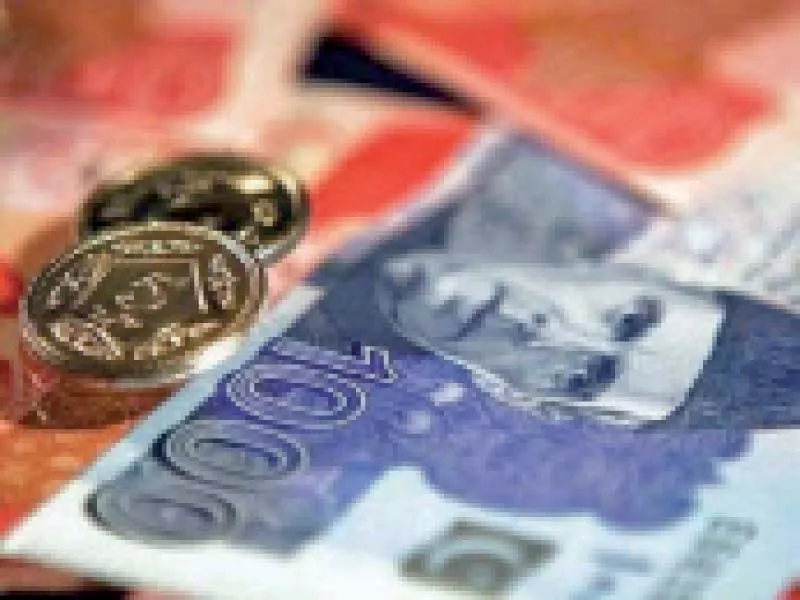Punjab to undertake Rs100b worth of schemes in FY21
Finance minister says these will mitigate economic impact of COVID-19
LAHORE: Punjab Finance Minister Makhdoom Hashim Jawan Bakht has said that the province is looking to introduce Rs100 billion worth of schemes through the next budget to mitigate the economic impact of Covid-19.He called for reducing fiscal deficit constraints under the International Monetary Fund (IMF) loan programme, adding that Punjab had to provide economic stimulus alongside more spending on health and social protection.
The stimulus includes provision of relief to businesses to neutralise the pandemic’s economic impact.
“Our next public sector spending programme is very important as we intend to introduce at least Rs100 billion worth of schemes under the Annual Development Plan to maximise labour participation,” Bakht told The Express Tribune in an interview.
“Actual estimates and design of schemes/projects with robust structures will take some time but we hope to finalise the process before next budget.”
For Bakht, the post-pandemic world will be different and tough, and he, as a provincial finance minister, has to revise many things. “It is an ever-evolving situation, providing them more insight into how the dynamics of the economy are changing.”
Currently, the provincial finance department is working with all the stakeholders to revise its fiscal estimates both for the current and next fiscal year, since Punjab relies heavily on federal transfers, which for the current fiscal year were expected to be a little over Rs1.6 trillion.
Apart from the federal transfers, the economic package with some tax breaks is likely to push back the provincial tax department in meeting its tax targets, which can ultimately put the provincial cash surplus target of Rs233 billion in danger.
“This is true, the post-pandemic world will indeed be very different and we will have to revisit the plan,” the minister remarked.
“Our economy will be seen through a fresh pair of lens and close coordination is required with the federal government to take things forward.
“The estimated provincial surplus in the wake of reduced tax collection and the post-Covid-19 environment is also to be revisited,” Bakht said, adding “to neutralise the situation, the fiscal deficit constraints under the IMF programme must be eased since all international organisations were cognisant of the challenge the pandemic posed to the world, international economy and national economies”.
Tax package
Following in the footprint of the federal government, Punjab has also announced Rs18 billion worth of tax breaks to support provincial businesses. However, Bakht insists that the economic package is many times more than the Rs18 billion.
“Decisions taken so far include immediate tax relief of Rs18 billion for the last quarter of current fiscal year, also an immediate release of Rs15 billion has been made to the health department and the Punjab Disaster Management Authority to manage Covid-19.”
Following the Rs18-billion tax holiday for the last quarter, the next fiscal year’s budget would certainly be focused on the rehabilitation of people affected by the pandemic and the revival of businesses, he added.
According to Bakht, the provincial authorities are aware of the challenges the crisis poses to individuals, businesses, industries, small and medium enterprises (SMEs) and trade. “We are in touch with business associations and chambers of commerce and industries, in fact, the relief package has been prepared in consultation with the business community.”
Punjab will focus on schemes providing support to the business, making it easy to access credit and reducing the cost of credit.
“We are studying the international response, international practices in these times and putting every possible solution on the table. We shall narrow it down to a few solutions that match our ground realities, fiscal space, institutional capacities and challenges to our socioeconomic conditions,” Hashim added.
Published in The Express Tribune, April 14th, 2020.
Like Business on Facebook, follow @TribuneBiz on Twitter to stay informed and join in the conversation.


COMMENTS
Comments are moderated and generally will be posted if they are on-topic and not abusive.
For more information, please see our Comments FAQ